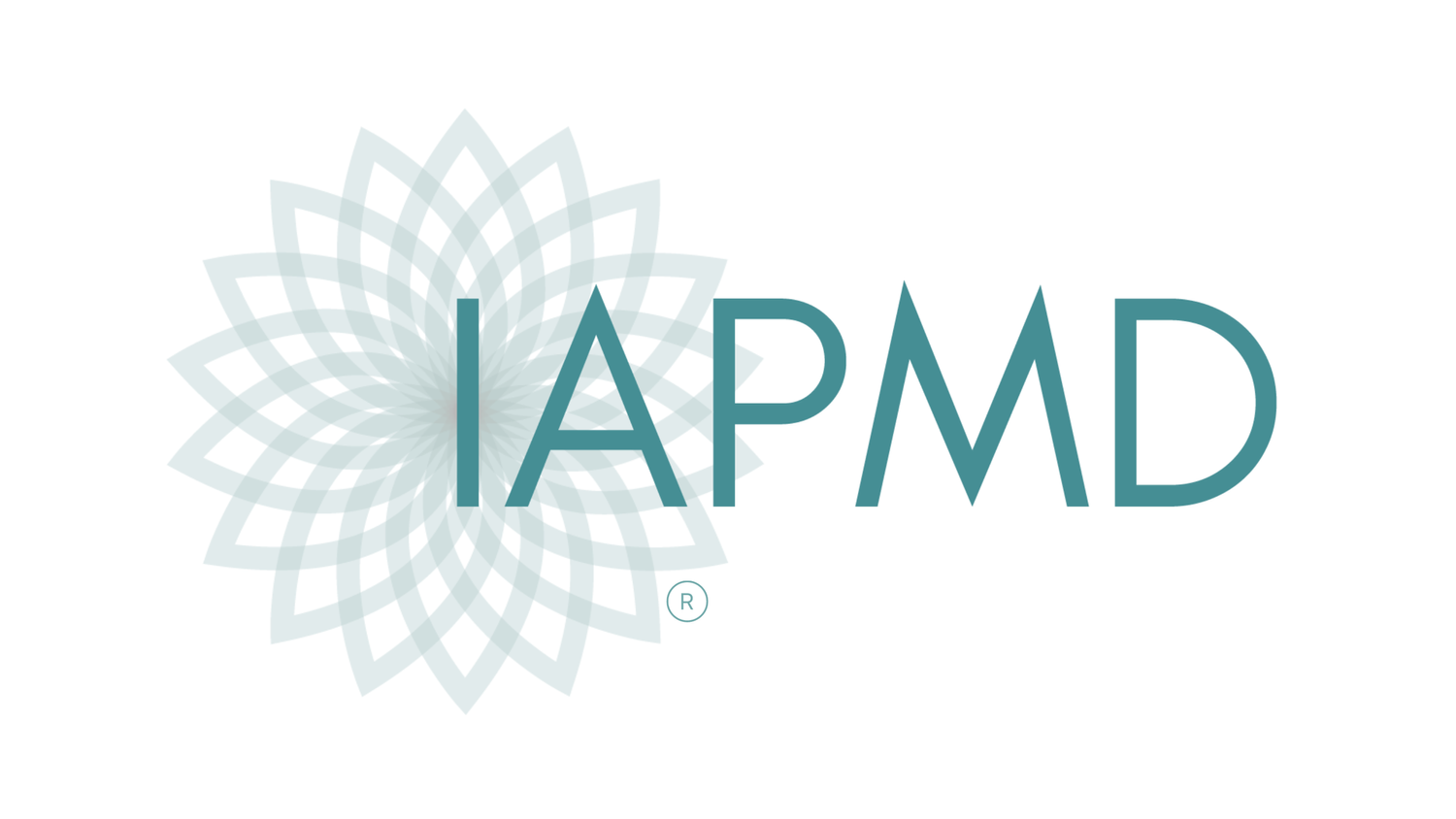“As I learned more about my cycle and PMDD through resources like IAPMD, I grew increasingly inspired to do something about the lack of research, treatment options, and funding for this condition.”
Our story…
Olivia: For most of my menstruating life, I believed the rollercoaster of emotions and pain I experienced before my period was normal. Society, along with my doctors, reinforced this idea by attributing my premenstrual experiences to typical "PMS" and "hormonal" fluctuations. The reality was far more intense; for two weeks before my period, I'd be consumed by anxiety, depression, fatigue, anger, aggression, irritability, bloating, severe breast pain, extreme body dysmorphia, overeating, and suicidal ideation.
These overwhelming symptoms felt like being possessed by a dark, depressed spirit that I didn't recognize as myself. The emotional turmoil put an enormous strain on my life. However, when my period started, the emotional storm would suddenly dissipate, and life would feel lighter and more manageable.
I knew this wasn't normal, and I realized I had to take my health and mental well-being into my own hands. I was determined to be the hero of my own story. My life-saving therapist introduced me to PMDD, and I began tracking my cycle using an app and journal. The correlation between my mental health and my period became evident within three months.
PMDD, is still a relatively unknown diagnosis and wasn't recognized as a global health concern by the World Health Organization until 2019!
As I learned more about my cycle and PMDD through resources like IAPMD, I grew increasingly inspired to do something about the lack of research, treatment options, and funding for this condition. My sister-in-law, Ashley Greene, was also exploring her menstrual cycle after discontinuing hormonal birth control. Frustrated by the limited options in the industry, we joined forces to create Hummingway.
Hummingway was born to provide a space for people like us to share their stories, learn about their bodies, and discover products that prioritize long-term health benefits.
Ashley and I are committed to using Hummingway and our personal platforms to raise awareness about PMDD, which is why we've become ambassadors for IAPMD.
Support Ashley & Olivias’s Cause and Inspire Hope
What Is PMDD?
Premenstrual Dysphoric Disorder (PMDD) is a cyclical, hormone-based mood disorder caused by an abnormal sensitivity in the brain to normal hormone fluctuations over the menstrual cycle. PMDD affects about 1 in 20 women and individuals assigned female at birth worldwide. Symptoms of depression, anxiety, mood swings, irritability, and more, arise during the premenstrual or luteal phase of the menstrual cycle and last until the onset or a few days into your period.
I Think I May Have PMDD. What Should I Do?
A great first step if you think you may have PMDD is to take the PMDD Self-Screen, a short quiz about symptoms and symptom timing. Then if PMDD seems to be a fit, it’s recommended to track your symptoms daily alongside your cycles for at least two months and share this information with your doctor or a recommended provider for PMDD. This is how an official PMDD diagnosis is made and it can also be so empowering to get to know your own patterns of symptoms. From there, there are many treatment options.
Support Ashley & Olivias’s Cause and Inspire Hope
Follow them on Instagram - Ashley l Olivia l Hummingway




